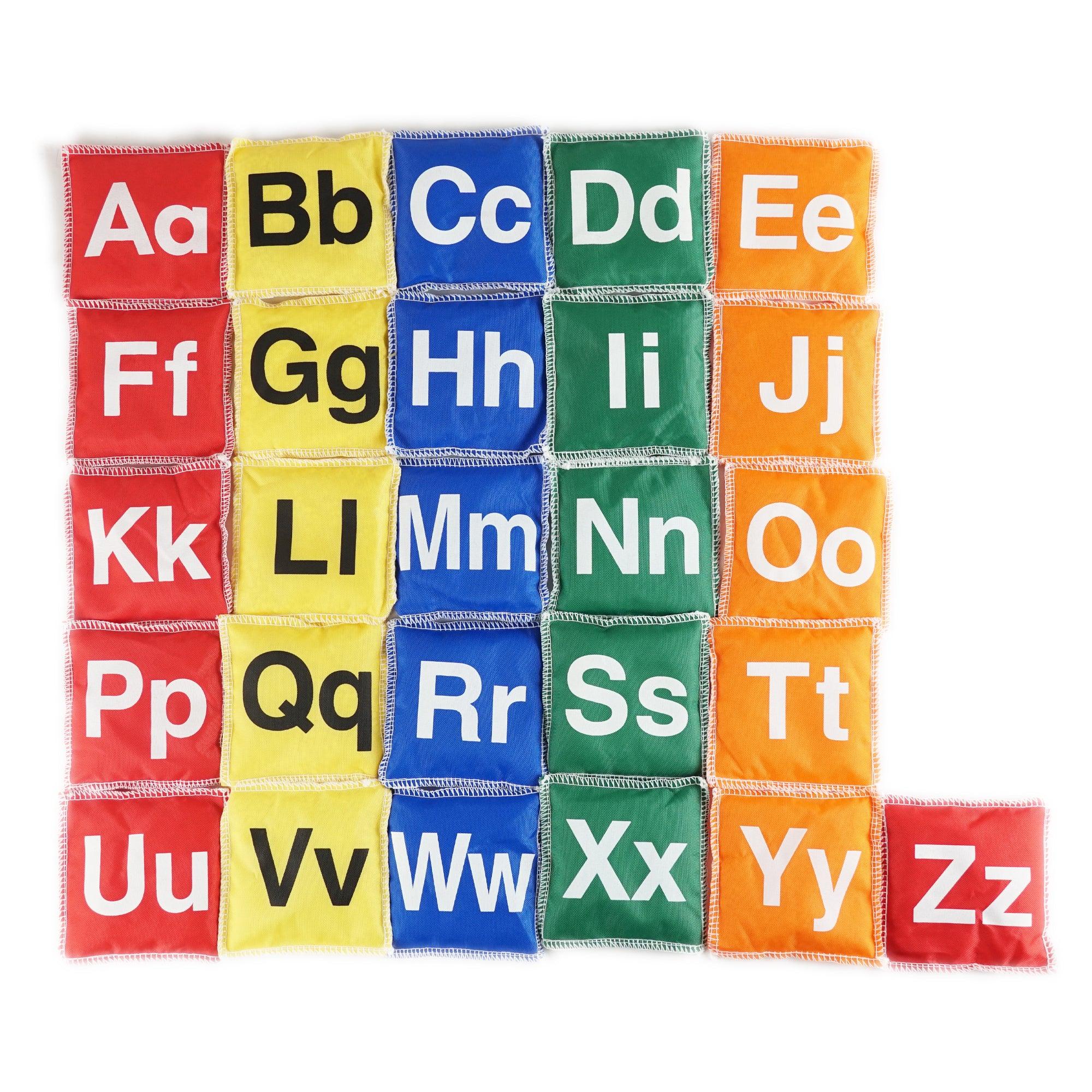The Role of Building Blocks in Developing Engineering and Problem-Solving Skills
Engineering and problem-solving skills are fundamental for success in various fields, including technology, architecture, and even entrepreneurship. These skills help individuals analyze problems, develop innovative solutions, and implement them effectively. While developing these skills is a lifelong journey, it’s essential to start nurturing them from an early age.
Why Building Blocks?
Building blocks are versatile toys that offer numerous benefits in the context of skill development. They provide a solid foundation for kids to understand the principles of engineering and problem-solving through hands-on play. Let’s explore some key features of building blocks that contribute to their effectiveness:
- 1. Diverse Shapes and Sizes: Building blocks come in a wide range of shapes and sizes, allowing kids to experiment, design, and construct various structures. This fosters spatial awareness and encourages creative thinking.
- 2. Problem Identification: When building with blocks, children encounter challenges such as instability or structural integrity. Identifying and addressing these problems promotes critical thinking and problem-solving skills.
- 3. Engineering Concepts: Building blocks provide an excellent platform to introduce engineering concepts to young minds. They can learn about stability, balance, weight distribution, and more while building their structures.
- 4. Collaboration and Communication: Building blocks are often used in group settings, promoting teamwork and collaboration. Kids learn to communicate ideas, share responsibilities, and work together towards common goals.
- 5. Trial and Error: Building structures with blocks encourages experimentation and learning through trial and error. Children learn to persevere, adapt to failures, and work towards finding successful solutions.
- 6. Creative Thinking: Building blocks stimulate imagination and enable children to think outside the box. They can construct various objects, vehicles, or even entire towns, fostering imaginative and innovative thinking.
- 7. Motor Skills Development: Manipulating blocks helps refine fine motor skills and hand-eye coordination. The process of picking, stacking, and connecting blocks enhances dexterity and control.
Building Blocks and Cognitive Development
The benefits of building blocks extend beyond engineering and problem-solving skills, as they also significantly contribute to children’s cognitive development. Here are some additional advantages:
- 1. Mathematical Concepts: Building blocks lay the foundation for understanding mathematical concepts such as counting, sorting, and spatial relationships.
- 2. Language Development: While playing with building blocks, children often engage in conversation, describing their creations, and expressing ideas. This enhances vocabulary, encourages storytelling skills, and promotes language development.
- 3. Focus and Attention: Constructing complex structures requires concentration and focus. Building blocks help improve attention spans and develop the ability to stay engaged in tasks for longer periods.
- 4. Logical Reasoning: As children plan, build, and troubleshoot with building blocks, they develop logical reasoning skills. They learn to predict outcomes, analyze cause and effect relationships, and implement logical sequences.
- 5. Pattern Recognition: Building blocks allow kids to recognize patterns, repetition, and symmetry. This ability transfers to other areas, such as mathematics and problem-solving in daily life.
Nurturing Engineering and Problem-Solving Skills with Building Blocks
Here are some practical tips to maximize the benefits of building blocks in developing engineering and problem-solving skills:
- Encourage Open-Ended Play: Allow kids to explore their creativity without constraints. Avoid providing step-by-step instructions, giving them the freedom to experiment and find their unique solutions.
- Ask Thought-Provoking Questions: Engage children in discussions about their building process. Ask questions that challenge their thinking and encourage them to reflect on their decisions.
- Provide a Variety of Block Types: Ensure access to different types of building blocks, including standard bricks, specialty pieces, and even natural materials like wooden blocks. This variety sparks curiosity and offers new possibilities.
- Foster Collaboration: Encourage children to build together, promoting teamwork and cooperation. Collaborative projects require negotiation, sharing, and compromise, further enhancing problem-solving and communication skills.
- Showcase Real-World Applications: Help children connect the concepts learned through building blocks to real-world examples. Talk about how engineers design bridges, skyscrapers, and other impressive structures.
- Introduce Construction Challenges: Set up challenges that require problem-solving and critical thinking. For example, ask kids to build a bridge that can hold a specific weight or design a structure to withstand a simulated earthquake.
Building blocks provide an engaging and interactive way to develop engineering and problem-solving skills in children. By nurturing these crucial skills from an early age through play, we set them on a path towards success in various intellectual and creative pursuits.




